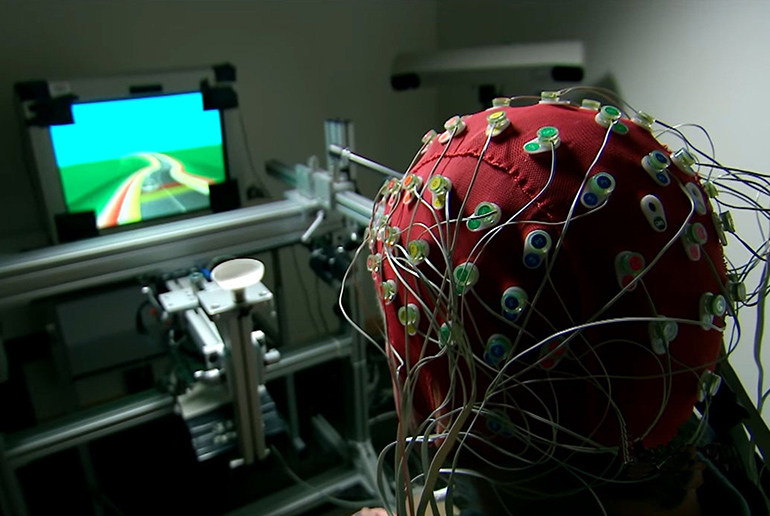Human beings, at any point, enjoy a ton of critical elements at their disposal, and yet the most valuable thing in their arsenal has to be that tendency to grow on a consistent basis. This tendency, in particular, has allowed us to hit upon some huge milestones, with technology appearing as a major member of the stated squad. The reason why we hold technology in such a high regard is largely because of its unprecedented capabilities that introduced us to a reality we couldn’t have possibly imagined otherwise. Nevertheless, if you go and take a closer look, it will become clear how the whole runner was also predicated upon the way we applied those skills across a real-world setting. The latter feature was, in fact, what gave the creation a spectrum-wide presence, including a well-timed appearance on our healthcare block. Technology’s linkup with healthcare was so perfect in respect to the timing, as it came right when the sector was beginning to struggle against its own obsolete structure. Fortunately enough, this reality went through a complete overhaul under the new regime, but even after achieving so much, the famous medtech concept will just continue producing all the right goods under one capacity or the other. The same has only gotten more and more evident over the recent past, and a new development does a lot to extend that momentum.
The researching at University of California, San Francisco, has successfully developed a suite of video games that has been designed to improve cognition to in older adults who are otherwise healthy. According to certain reports, the stated suite uses common activities, such as banging a drum or driving a car, to make an impact on the user across different metrics. Talk about these metrics, they include long-term memory, short-term memory, attention, and more. In case that’s not fascinating enough, the technology also has a specialized algorithm, which configures the game difficulty depending on how someone is playing. This is supposed to provide every user with somewhat of a customized experience, and consequentially, a more effective model. Now, while the new video games’ suite is currently focused on treating age-related cognitive decline, it is envisioned by the researchers to open up a whole new field of medicine called “experiential medicine”, a discipline that will harness the potential of non-invasive virtual intervention to treat wide-ranging medical conditions.
“All of these are taking experiences and delivering them in a very personalized, fun manner, and our brains respond through a process called plasticity,” said Adam Gazzaley, a researcher involved in the study. “Experiences are a powerful way of changing our brain, and this form of experience allows us to deliver it in a manner that’s very accessible.”
So far, the researchers have tested the technology by creating a rhythm-based game. Here, the participant was told to bang a virtual drum and match the given rhythmic pattern. Initially, you do get the cues, but they disappear over time. Such a makeup means the participant was forced into relying on their memory to replicate the beat. This didn’t just improve their ability to hold a beat, but it also scaled up their ability to remember faces. Now, if that’s really sustainable, it could mean a much bigger therapeutic value on the technology’s part than what’s just being targeted during the game.



















